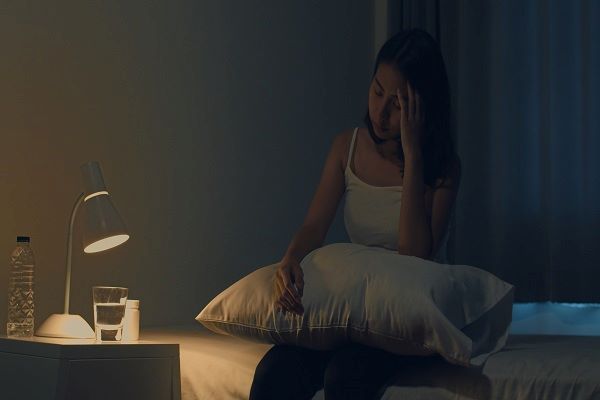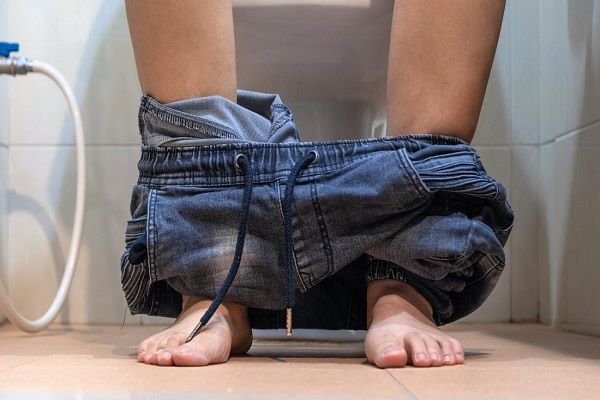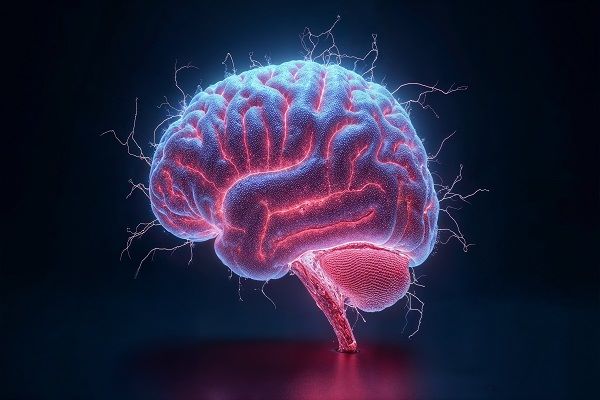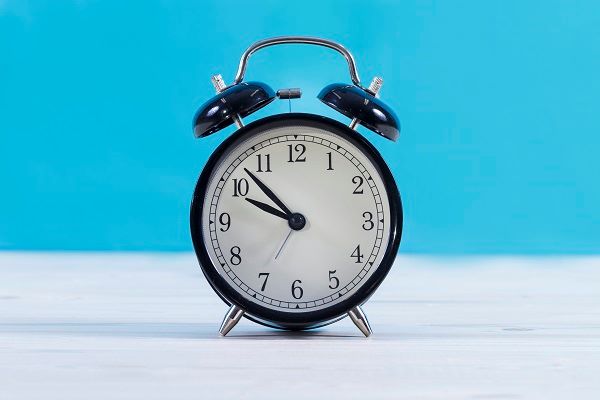Have you ever woken up confused, only to find that your bed is unexpectedly wet after a vivid dream? It’s a distressing experience that can leave anyone feeling embarrassed or worried, especially when it seems to come out of nowhere. Well, you’re not alone. In fact, dream induced bedwetting in adults is more common than many people think, and it can leave individuals feeling embarrassed or worried. But the good news is-there are explanations and solutions. Bedwetting, even when triggered by dreams, isn't a hopeless situation.
Though bedwetting is often thought of as a childhood problem, adults can experience it too. It’s more common than many people realize, and it can be caused by a variety of factors such as stress, sleep disorders, or even certain medications. If this sounds familiar, don’t worry-there are ways to manage it. The key is understanding what’s triggering it and finding the right strategies to regain control. Let's dive into what causes this and how you can tackle it.
What is Dream Induced Bedwetting in Adults?
Dream-induced bedwetting refers to when someone wets the bed during sleep, often tied to a vivid dream. In many cases, the person dreams about using the bathroom or being in a situation where it feels okay to urinate. By the time they wake up, it's already too late.
This condition can affect anyone, even those who have no history of bedwetting as children. While it’s not widely discussed, understanding the reasons behind bedwetting in adults is the first step to managing it effectively.
Book Consultation Now
What Triggers Bedwetting During Dreams?
Several physical, mental, and lifestyle factors can contribute to sudden bedwetting in adults. Let’s talk about some of the most common triggers for the same:
1. Stress and Anxiety

Stressful events or emotional disturbances can mess with your sleep cycle, increasing the chances of having intense dreams-some of which may involve toilets or water. Stress also affects the nervous system, disrupting bladder control during sleep.
2. Sleep Disorders

Sleep conditions like sleep apnea or insomnia can interfere with the brain's ability to send the right signals to the bladder, leading to accidents during dreams.
3. Overactive Bladder

An overactive bladder sends frequent signals to empty itself, even when it’s not full. If your body struggles to hold urine while you’re awake, it might fail to do so during deep sleep too.
4. Medication Side Effects

Some medications, especially those for anxiety, depression, or insomnia, can deepen sleep to the point where you don’t wake up in time to use the bathroom.
Book Consultation Now
5. Alcohol and Caffeine Consumption

Drinking alcohol or too much caffeine before bed can increase urine production. Both substances affect your bladder's control mechanisms, making it more likely to experience an episode of dream induced bedwetting in adults.
6. Neurological Conditions

Issues like Parkinson’s disease or multiple sclerosis may impair bladder control, causing bedwetting at night.
What Can You Do to Manage Dream-Induced Bedwetting?
If you’ve experienced sudden bedwetting in adults, it’s essential to know that it’s manageable. Some of the practical steps you may take include:
1. Limit Fluid Intake Before Bed

Avoid drinking large amounts of water, caffeine, or alcohol at least two hours before sleeping as more fluid means more urine production and an eventual probability of bedwetting.
2. Establish a Nighttime Routine

Stick to a bathroom routine by using the toilet right before you sleep. This reduces the risk of needing to go during the night.
Book Consultation Now
3. Reduce Stress and Anxiety

Meditation, journaling, or light exercises before bed can help reduce mental stress. If anxiety is severe, speaking with a mental health professional might help.
4. Set Alarm Intervals

Use alarms to wake yourself during the night to prevent full bladder episodes. This technique can help train your body to respond better to bladder signals.
5. Consult a Doctor

If bedwetting persists or worsens, consult a healthcare professional. They may suggest medications, therapy, or other treatments, especially if the issue is linked to neurological or bladder-related conditions.
Concluding thoughts
Experiencing dream induced bedwetting in adults can feel isolating, but it’s important to understand that many people go through it. Whether it happens due to stress, a sleep disorder, or lifestyle factors, there are ways to manage it effectively. Take small steps like adjusting your routine, managing stress, and consulting a doctor if needed. With the right approach, this issue doesn’t have to control your life or sleep.
Remember, it’s okay to seek help. Addressing bedwetting in adults early can make a big difference and give you peace of mind during your nights-no matter what you dream about!
In case you are experiencing the condition of bedwetting for a longer time or the problem persists even after following several home remedies, you should consider contacting experts at Ayukarma to assess your specific condition and suggest a 100% nature-based management strategy. Don’t wait, book your consultation now!!
Book Consultation Now
















.jpg)
